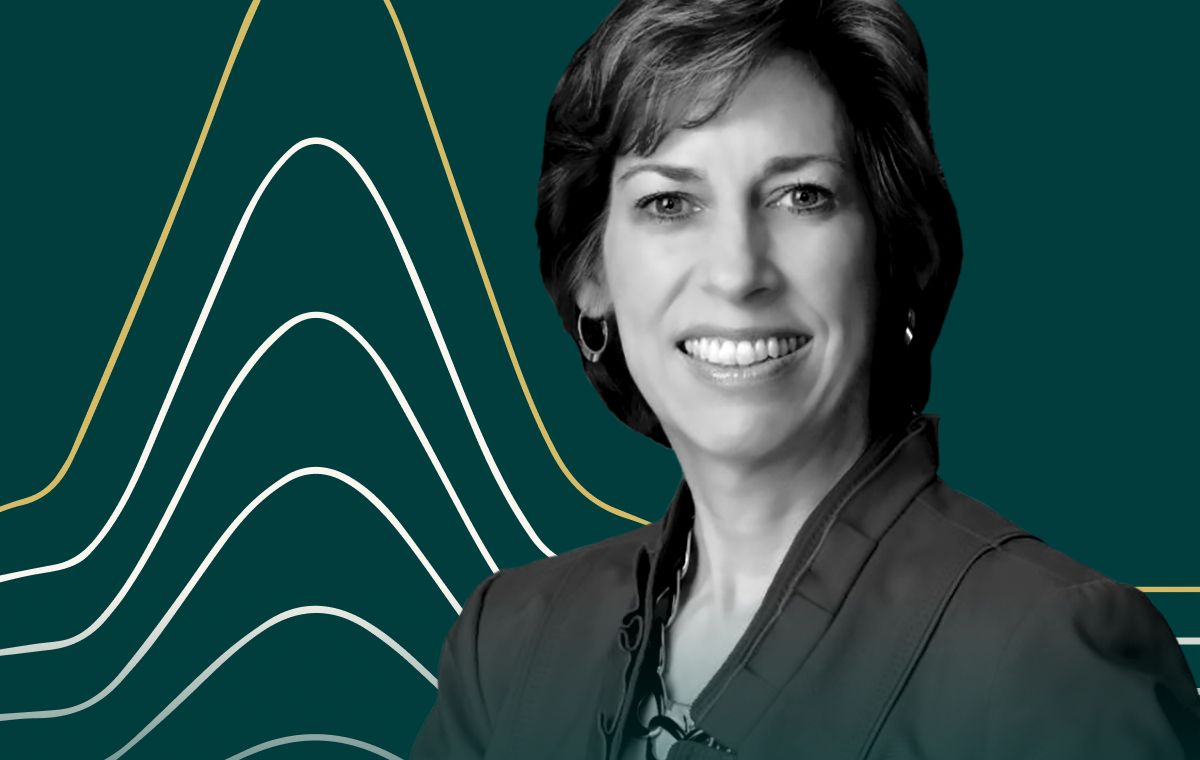Listen and follow "The New Rules of Business" wherever you get your podcasts: Apple | Spotify | Google Podcasts
The most well-recognized proponent of the "move fast and break things" strategy just declared 2023 a "year of efficiency" for his company, Meta. Clearly, the tide is turning. Investors are fed up with expensive, under-analyzed bets that fail to pay off. Leaders are being pushed to get back to basics, but the experienced ones know now is not the time to abandon innovation. It’s time to be smarter about it.
On the latest episode of Chief’s podcast, "The New Rules of Business," Co-Founder Lindsay Kaplan talks to veteran astronaut Dr. Ellen Ochoa about how executives can best manage incoming threats without sacrificing speed and innovation. The former director of NASA’s Johnson Space Center knows a thing or two about driving rapid change in an environment that’s risk-averse.
"A lot of people know NASA through the mantra, 'failure is not an option,' and we really did live that at Johnson Space Center," says Dr. Ochoa. "But when you think about innovation and innovators, their mantra is 'fail early and fail often.' We had to be very deliberate about saying, in some cases, it’s okay to fail early and fail often, as long as it’s not directly affecting the health of the astronauts or the spacecraft."
Smart risk management requires a robust infrastructure that many companies are lacking today. As an experienced and sought-after board member, Dr. Ochoa advises leaders to use a risk matrix to plot the likelihood and consequences of potential threats. This is not a once-and-done activity, she says on the podcast. "It’s really important to continuously monitor and assess risks," says Dr. Ochoa. "That’s where a lot of organizations go wrong — they don’t review their assumptions."
Navigating risks is even tougher when you’re the first or only person who looks like you in your team — or even company. As the first Latina to travel to space, Dr. Ochoa offers insights on balancing the pressure to be perfect.
"As a first or only, you’ll never be given the benefit of the doubt like someone who’s part of the majority culture," says Dr. Ochoa. "So first, find your supporters. These are the people who know you can bring the attributes that really matter to success: hard work, perseverance, intelligence, and the willingness and ability to learn and ask questions. Then, you have to really not listen to the people who don’t know you — those who, because of their own implicit biases, don’t see you in certain roles and don’t expect you to succeed."

